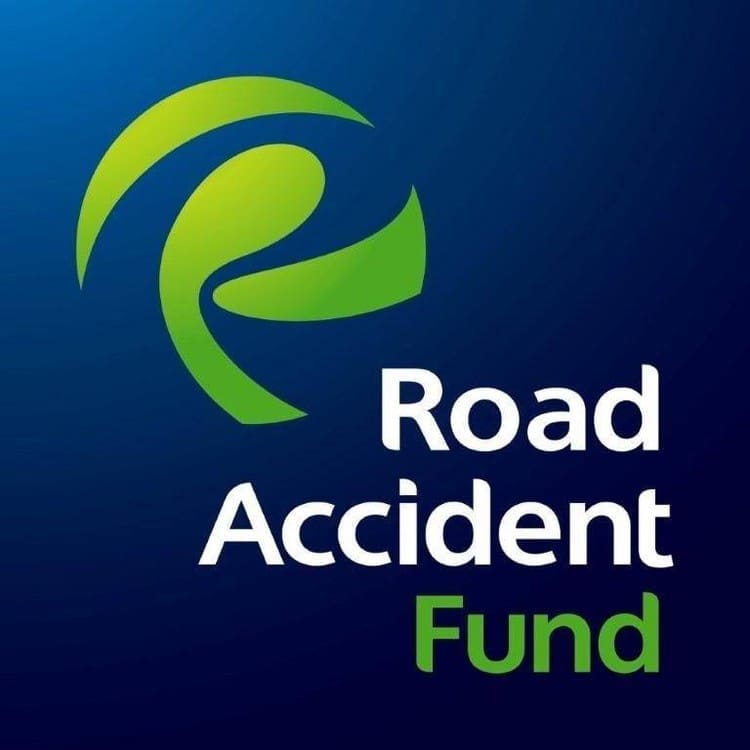Transport Minister Barbara Creecy has taken the decisive step of dissolving the Board of the Road Accident Fund (RAF), marking a critical intervention to address what she described as “persistent governance and operational challenges” that have severely compromised the entity’s ability to fulfill its mandate.
The move comes after months of escalating crises that have undermined public confidence in the RAF’s leadership and financial management.
The decision follows a comprehensive review that revealed multiple systemic failures within the RAF’s governance structures. Among the most pressing concerns was the Board’s engagement in protracted and costly litigation regarding accounting standards, which placed significant strain on the entity’s already limited financial resources. This legal battle not only drained funds but also diverted attention from the RAF’s core mission of supporting road accident victims.
Further compounding these challenges was the Board’s inconsistent and legally questionable handling of the suspension of the RAF’s Chief Executive Officer. The manner in which this process unfolded created institutional uncertainty and attracted legal challenges, further destabilizing the organisation. At the same time, the RAF faced a growing number of default judgments against it, exacerbating its contingent liabilities and pushing its financial sustainability to the brink.
Internal divisions within the Board itself also came under scrutiny. Key decisions were frequently made through casting votes rather than consensus, reflecting deep rifts among members and a troubling lack of cohesion in critical decision-making processes. This dysfunction was compounded by the Board’s failure to fill two vital executive positions – Chief Claims Officer and Head of Legal – leaving gaping leadership voids in areas essential to the RAF’s operations.
In response to these failures, Minister Creecy initiated a formal process on June 5, 2025, notifying all eleven Board members of her intention to dissolve the Board and inviting their representations. After careful consideration of these submissions, the Minister concluded that dissolution was necessary to restore stability and accountability.
To ensure continuity of operations during this transitional period, the Minister has requested the National Treasury to appoint an interim Accounting Authority under Section 49(3) of the Public Finance Management Act. This temporary measure is designed to prevent a governance vacuum while a new Board is constituted through a transparent, merit-based recruitment process that will soon be advertised publicly.
Recognising the need for comprehensive reform, Minister Creecy has also initiated the establishment of an independent Expert Advisory Committee. This panel of specialists will conduct a thorough review of the RAF’s business processes and governance model, with the aim of developing actionable recommendations for sustainable improvement. The composition of this committee will be announced in the coming weeks.
In a related development, the Minister has sought clarification from the Special Investigating Unit (SIU) regarding whether its current investigation under Proclamation 44 of 2024 covers recent events at the RAF. Should the scope need expansion to include the past three months’ developments, a formal request will be made to ensure all potential irregularities are properly examined.
Minister Creecy emphasized that these interventions form part of her department’s broader commitment to institutional reform at the RAF. “The current situation is untenable and fails both the public and road accident victims who depend on this critical institution,” she stated. “Our immediate priority is to stabilize the organization, but we are equally focused on implementing long-term solutions that will prevent such systemic failures from recurring.”
Central to this reform agenda is the finalization of the Road Accident Benefit Scheme Bill, which proposes a transition to a no-fault compensation system. This legislative change aims to simplify access to benefits for accident victims while reducing the costly legal battles that have historically characterized claims against the RAF.
As the dissolution takes effect, all eyes will be on the Ministry’s ability to swiftly implement these corrective measures and restore public trust in an institution that plays such a vital role in South Africa’s transport ecosystem. The coming months will be critical in determining whether this intervention can successfully steer the RAF toward a more stable and effective future.
The Ministry has assured stakeholders that services to road accident victims will continue uninterrupted during the transition period, with additional measures being put in place to safeguard the RAF’s operations while new leadership structures are established.
This sweeping intervention represents one of the most significant governance overhauls in the RAF’s recent history and underscores the government’s determination to address systemic challenges in state-owned entities. As the process unfolds, it will undoubtedly serve as a test case for how South Africa tackles complex institutional reforms in its public sector.
